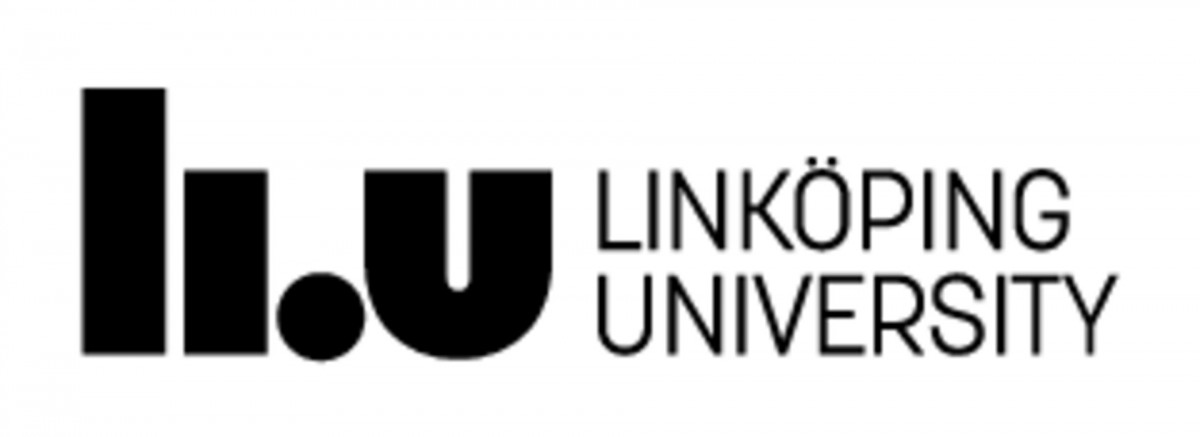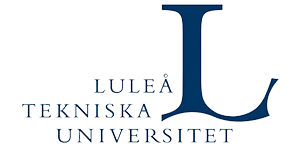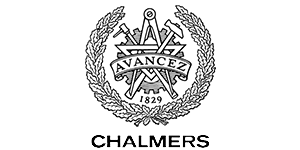About the programme
The goals of the programme are to:
- Explore, test and contribute to enabling solutions and strategies for sustainable consumption practices,
- Contribute to international research and development of sustainable consumption practices,
- Engage in and initiate forums for dialogue and testing of solutions with societal stakeholders.
- The scientific contribution of this programme will be in-depth knowledge on how and under what conditions sustainable niche practices can become more mainstream and how the transition to sustainable consumption practices can be accelerated. The programme explores strategies that have been identified in the literature as key to enabling sustainable consumption: (a) the sharing of goods and services; (b) the downsizing of goods and services by consuming less; and (c) the shifting towards more resource-efficient products and services.
The program consists of the following projects and runs from 2022-2026:
Practice 1 – Testing new practices and measures in businesses and households
Project leader: Åsa Svenfelt
The aim of this project is to explore transitions to, and enablers for, sustainable consumption practices, through setting up and analysing interventions in three arenas. Households, stores and reduced work time.
Practice 2 – Digitalisation: friends & foes of sustainable consumption?
Project leader: Matthias Lehner
This project explores some of the effects and trade-offs associated with digital consumption. How does digitalisation influence consumption decisions? How can it be used to nudge consumers towards more sustainable consumption? What governance mechanisms need to be in place for digitalisation to support deep sustainability transformations?
Policy 1 – Public policy experiments
Project leader: Karin Bradley
One way to spur innovation and action in public policy is to use different forms of real-world policy experiments. In this project we will explore the roles of policy experiments, at the local and regional levels, for strengthening the capacity for sustainability transitions and as a way of broadening the policy toolbox.
Policy 2 – Company targets as a form of sustainable consumption governance
Project leader: Jörgen Larsson
How can companies that sell products and services directly to the consumer influence consumption patterns? They might have an important role to play in the transition as they affect both producers and consumers. We investigate the food and holiday sector and look for effective strategies and sustainability indicators.
Policy 3 – Policy packages and public support
Project leader: Jörgen Larsson
This WP will study the framing of knowledge about sustainable consumption and what role such framings play for transformation.
Frames 1 – From disputes to the constructive application of SC knowledge
Project leader: Mikael Klintman
In this project we are investigating how disputed knowledge claims about sustainable consumption is dealt with by different actors. Furthermore, we are investigating how opportunities for knowledge about sustainable consumption can be incorporated in and between organisations.
Frames 2 – Creating space for change by dispelling myths about sustainable consumption behaviour
Project leader: Oksana Mont
We are identifying and dispelling myths about sustainable consumption, as well as developing a communications package about these myths and how to dispel them.
Frames 3 – Framing futures for deep transformation
Project leaders: Åsa Svenfelt and Karin Bradley
This project explores framings of sustainable consumption, now and in the future, and how these can be reframed using storytelling and intrinsic values.
Effects 1 – Macro perspectives on sustainable consumption
Project leader: Göran Finnveden
The project investigates how policies for sustainable consumption can have broader socio-economic impacts.
Effects 2 – Micro-level analyses of consumer behaviour and offsetting
Project leader: Jonas Nässén
We build on research from Phase 1 of the program on rebound effects from intentionally pro-environmental behaviors, but also incorporate analyses of carbon offsetting.
Strategic projects
Strategic funds is distributed by the program board.
Negotiations of consumption-based emissions targets
Supervisor: Karin Bradley (licentiate project)
Country-comparative study of policies for sustainable food-consumption
Project leader: Jörgen Larsson
Indirect rebound effects of increased use of virtual reality
Project leader: Matthias Lehner
Illustrations of visions for sustainable consumption
Project leader: Åsa Svenfelt
Alternative welfare-measures as an enabler for sustainable consumption
Project leader: Åsa Svenfelt
Local mobility markets in suburbian neighboorhoods
Project leader: Matthias Lernher (PhD project, Erika Kriukelyte)






